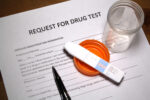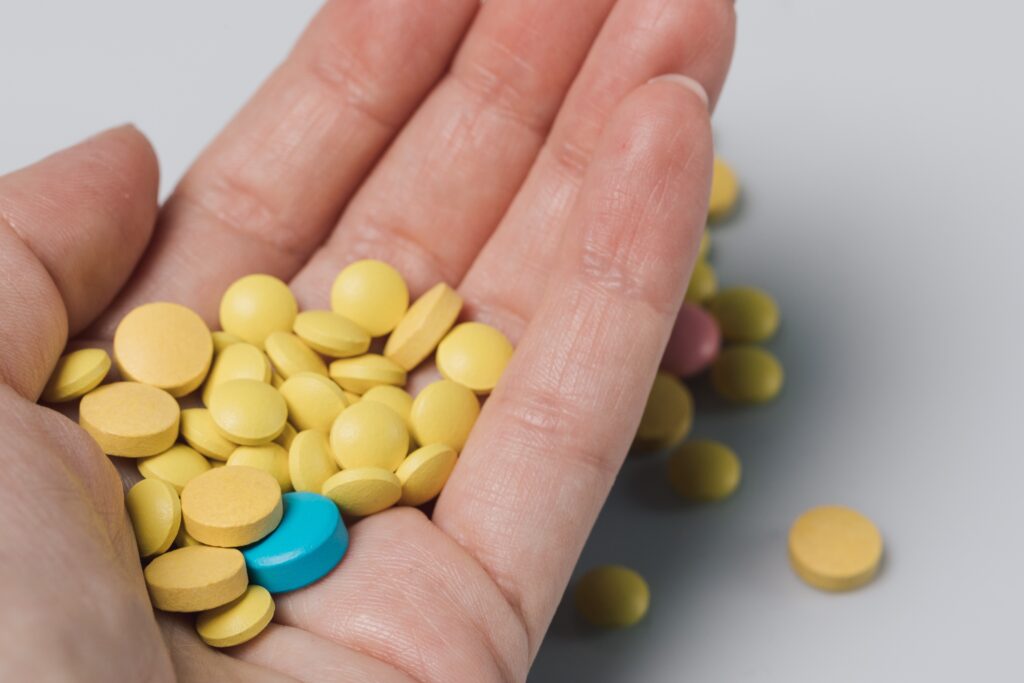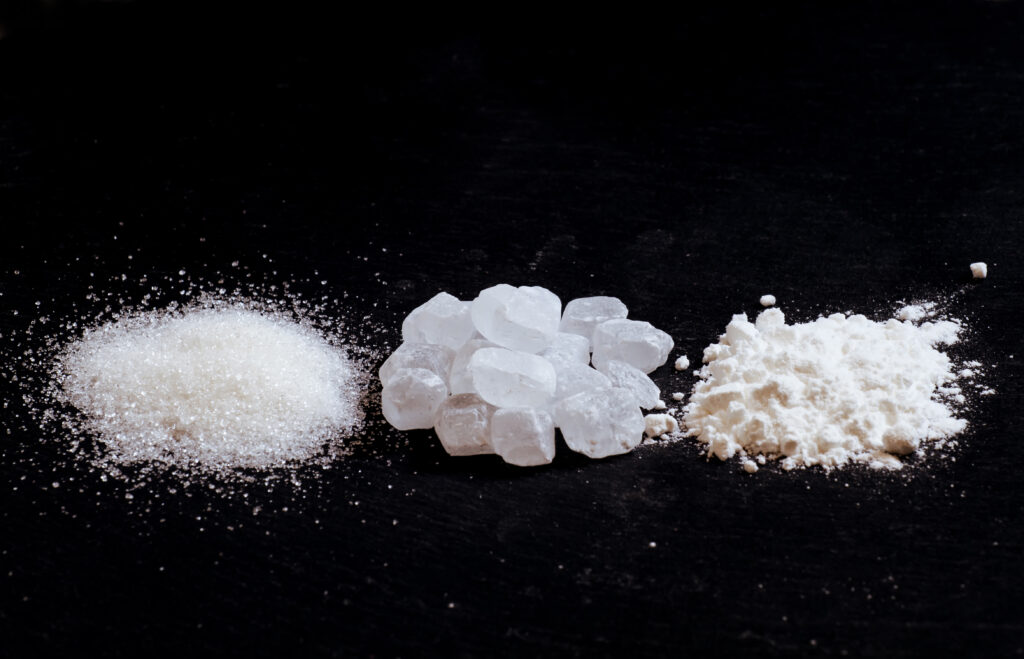How Long Does Heroin Stay in Your System?

Heroin, a potent opioid with a high risk of addiction, has profoundly affected communities across the U.S., including those in western North Carolina. The grip of heroin addiction can feel overwhelming, but understanding how it interacts with the body is a crucial step toward recovery. Here, we explore how long heroin stays in your system, its addictive nature, the signs of its use and the importance of seeking professional help, especially through resources like Silver Ridge.
How Long Does Heroin Stay in Your System?
Heroin metabolizes quickly in the body, yet its metabolites can linger. Once consumed, heroin is broken down into 6-acetylmorphine and morphine, which remain detectable for varying durations depending on the type of drug test used:
- Urine Test: Detects heroin for up to 2-3 days after use
- Blood Test: Detects heroin for about 6 hours, with metabolites detectable for up to 12 hours
- Saliva Test: Can detect heroin for 24-36 hours post-use
- Hair Test: Detects heroin for up to 90 days, providing a long-term record of use
These detection windows can vary based on individual factors, including metabolism, frequency of use and overall health.
The Addictive Nature of Heroin and Its Risks
Heroin is among the most addictive substances due to its rapid binding to opioid receptors in the brain. This fast action creates an intense euphoric “rush,” reinforcing repeated use. Over time, tolerance builds, requiring higher doses to achieve the same effects and significantly increasing the risk of overdose.
In North Carolina, the opioid epidemic has led to a sharp rise in hospitalizations, underscoring the urgency of addressing heroin addiction. If left untreated, the risks include:
- Respiratory failure: The leading cause of fatal overdoses
- Chronic infections: Conditions like hepatitis or endocarditis
- Physical complications: Collapsed veins, abscesses and other health issues
- Mental health challenges: Depression, anxiety and worsening mental well-being
The Effects of Heroin – Signs and Symptoms
Heroin affects almost every part of the body, and recognizing its signs is key to early intervention.
Physical Symptoms:
- Pinpoint pupils
- Slurred speech
- Nausea or vomiting
- Extreme drowsiness or “nodding off”
Behavioral Symptoms:
- Secretive or deceitful behavior
- Neglecting responsibilities or hobbies
- Financial issues, often accompanied by theft
Withdrawal Symptoms:
- Intense cravings
- Sweating, shaking and chills
- Restlessness and muscle aches
- Insomnia
In Asheville and its neighboring areas, heroin use often coincides with mental health challenges, making recovery more complex but not impossible with the right support.
The Role of Professional Treatment in Combating the Effects of Heroin
Overcoming heroin addiction is not a journey to take alone. Professional treatment provides the tools, therapies, and support essential for sustainable recovery. At Silver Ridge, located near Asheville, NC, we specialize in evidence-based and holistic treatments tailored to the unique needs of each individual.
Finding Hope and Recovery in North Carolina
For those battling heroin addiction in Asheville and the surrounding communities, Silver Ridge offers compassionate, expert care in a serene, healing environment.
If you or someone you love is ready to take the first step toward recovery, contact Silver Ridge today. Together, we can build a future free from heroin’s grip and full of hope for what lies ahead.









